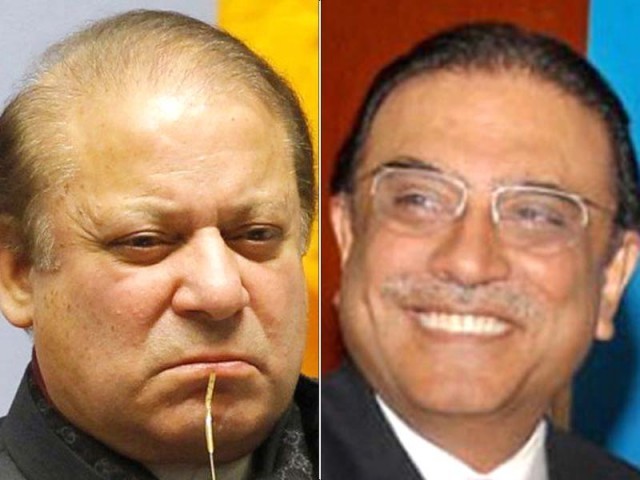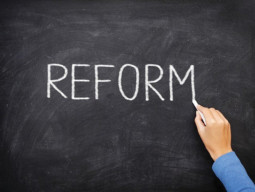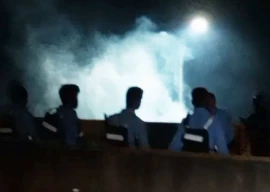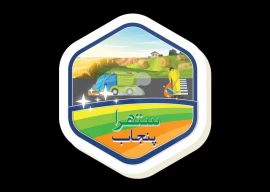
The opposition party agreed to support the bill only after getting the government’s assurance of accepting all its demands including that of holding the 2018 general elections on time, Express News reported.
According to sources, one of the conditions, put forward by the PPP was that fresh delimitation would only be applicable in the upcoming polls and won’t influence the recommendations of Council of Common Interest (CCI).
Sources said the constitutional amendment bill was likely to be approved in the next Senate session, commencing from Monday.
After Senator Babar Awan stepped down and left the PPP to join the Pakistan Tehreek-e-Insaf (PTI), the ruling PML-N has become the majority party in the Senate with 27 seats, followed by the PPP’s 26.
Delimitation bill: Govt in intense lobbying for two-thirds majority in Senate
Sources had earlier said that Prime Minister Shahid Khaqan Abbasi was personally involved in efforts to ensure that the bill passes and has asked the PML-N senators to make sure that “no one goes out of country or skips the Senate session for any reason”.
Despite supporting the constituencies’ delimitation bill in the NA and having it passed, the PPP was opposing it in the Senate. The PPP reportedly wanted to strike an ‘underhand deal’ with the PML-N government to secure some seats in the March 2018 Senate elections.
The PPP also wanted to deal for some seats from south Punjab in the general elections scheduled next year.
Reports also suggest that PPP Co-Chairman Asif Zardari wanted concrete assurances from the government that his sister Faryal Talpur would be elevated as the next Senate chairperson.
It may be mentioned that PML-N Chairman and Leader of the House Raja Zafarul Haq had denied any possibility of a deal with the PPP or any other political party, saying that legislating on delimitation in the light of the 2017 census was in the national interest to avoid any delay in the next general elections.


1729080111-0/BeFunky-collage-(63)1729080111-0-165x106.webp)
1730838202-0/Trump-(1)1730838202-0-165x106.webp)













COMMENTS (2)
Comments are moderated and generally will be posted if they are on-topic and not abusive.
For more information, please see our Comments FAQ